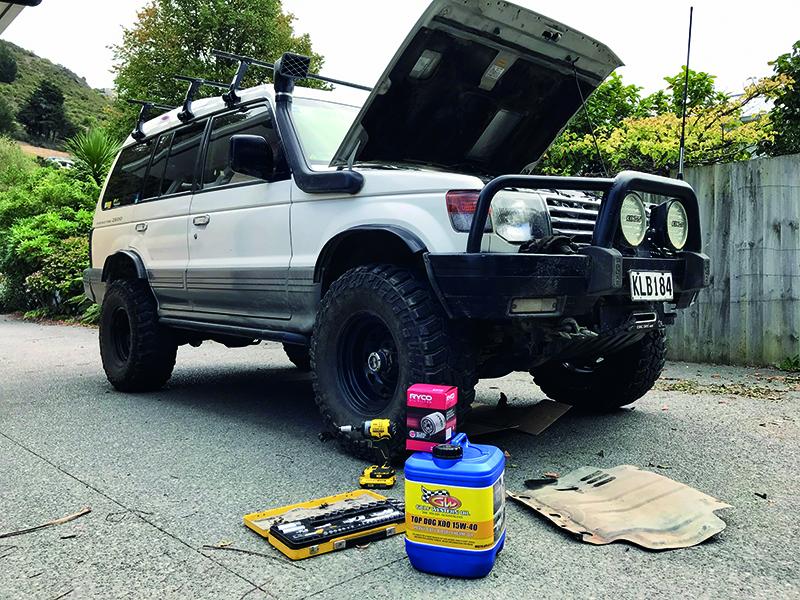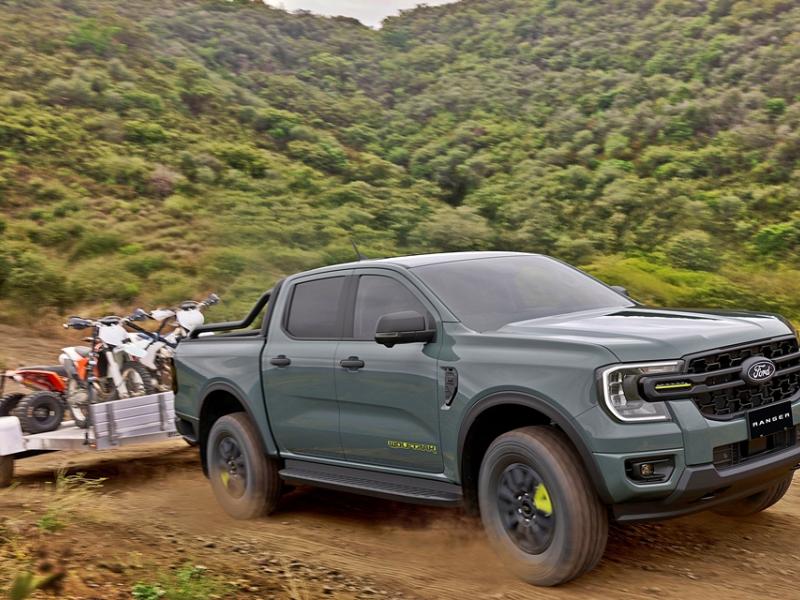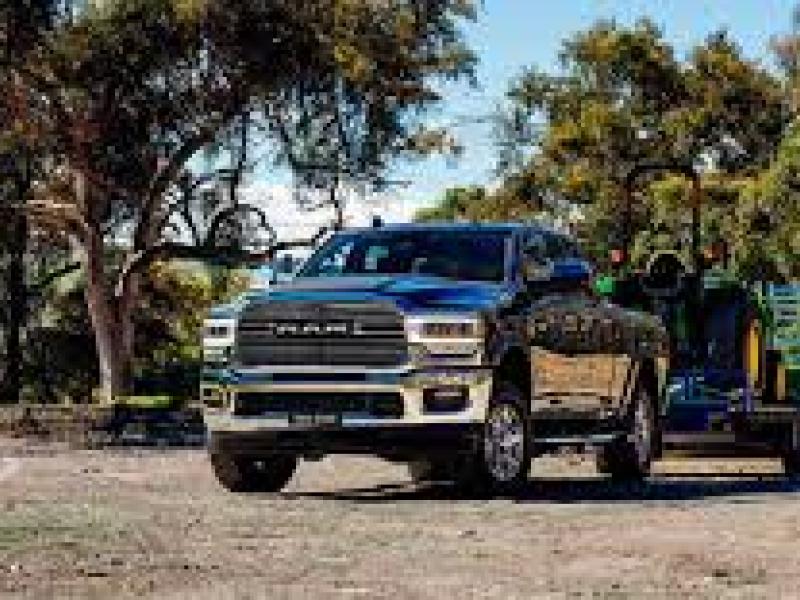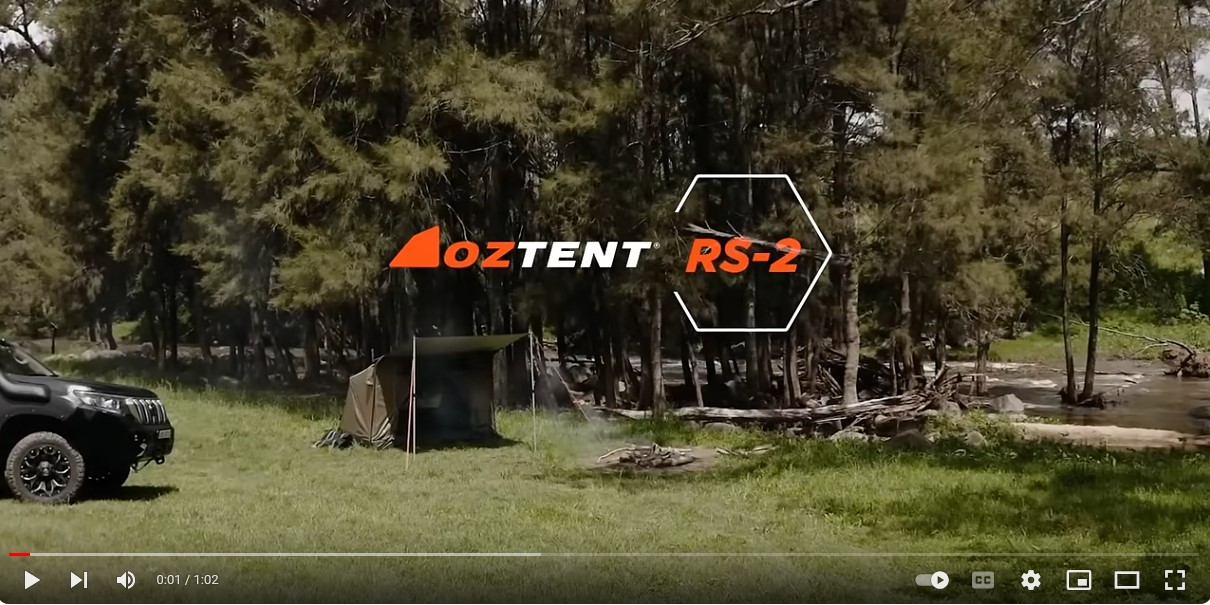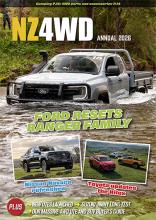Compared to the average mall crawler, 4WDs that go off-road endure more water, more mud, more dust, more flexing, more stress, and more elevated engine temperatures.
To a seasoned 4WDer it’s no surprise that their trusty vehicle needs more maintenance to ensure it stays trusty and most are happy to get their hands dirty doing the jobs on their rigs.
Conversely, people newer to the 4WD lifestyle or those who haven’t yet got their hands dirty may need some encouragement to begin the daunting task of working on their own vehicles.
This article is not a ‘how-to’ but is aimed at encouraging people to start working on their own vehicles.
Why? Firstly, save some money. Also, learning about your vehicle which will give you a better chance of fixing a broken rig trackside if the need ever arises. Plus, that feeling of fulfilment when job is done is priceless.
Learn your vehicle
You don’t need to know a lot about vehicles to get started. When I started 4WDing I had not done a lot of work to cars. But then I bought an early ‘90s 4WD and started taking it off-road – the a perfect recipe for lots of required maintenance and fixes. But I was eager to learn and jumped straight in, often without really knowing what I was getting myself into. A can-do attitude can go a long way, even if sometimes its misguided.
So where to start one might ask? Well first I would encourage people to just look at their 4WD. Pop the bonnet and try to figure out what different parts in the engine bay are. Motor, air intake, air filter, oil cap/dipstick, trans dipstick, radiator and coolant overflow, battery, turbo, etc. Then start looking at what hoses and lines are connected to what and what might be inside of them? Coolant, fuel, oil, air?
Next crawl under your 4WD. One benefit of a lifted 4WD is that is easy get under them. Do the same as the engine bay. Look at things and identify what’s what. Look for gear box, transfer case, drive shafts, shocks, bushings – there’s lots of them, differentials, sway bars, etc. Look for oil leaks, worn or cracked bushings. Just get accustomed to what the underneath of your vehicle looks like. This will help you identify when something is wrong. Where is that creak coming from, why is something rattling? If you are familiar with what your vehicle looks like it will make figuring these things out easier.
Everything on an older vehicle is more mechanical than you might think. You can work out what does what by just looking at stuff, mostly it’s not rocket science. I used to often just crawl under my truck and look around. Now I’m pretty adept at knowing what is causing what noise or feeling in the truck.
Also, I’d recommend buying the Haynes manual for your vehicle. Have a read/skim of it to familiarise yourself with the various parts of the vehicle while analysing your vehicle. Don’t be overwhelmed though. You don’t need to understand everything all at once, the trusty Haynes manual is just the tip of the information iceberg so to say. More on that later.
The next step is to take the wrenches out and get amongst it. Start with something simple to get your confidence up. There really isn’t that much to a lot of vehicle maintenance. Learning how to do an oil change will start saving you money right away. Clean or replace the air filter. Maybe the fuel filter. Diff oils, transmission fluid. Clean the radiator or intercooler. Get used to unbolting things, taking them off your vehicle and of course replacing them.
Give it a crack!
The next step is to make actual repairs. When you fail your WOF, and you will sooner than later, try doing at least some of the fixes yourself. Bulb replacement. Easy. A couple of bushings need replacement. Have at it. If you have an IFS vehicle you should probably become adept at replacing ball joints. Ask me how I know!
This leads me to a very important part of all of this. Yes, you will be saving some money by doing this work yourself. But, this is important, you will need invest some of that saved money into buying some new tools. For example, yes the internet forums and your drift car buddy will tell you that you can separate any kind of ball joint or steering component by hitting it with a hammer, but that isn’t a great way to learn, there’s a good chance of damaging something and to be honest in my experience it doesn’t work very well. Get some proper ball joint splitters! Once I finally did this all the work in the front end of my 4WD became substantially easier! Same goes for a number of other tools. Also on your tool shopping list is a good set of sockets, with a breaker bar extension, and then maybe an even longer one! If you really want to speed things up and feel like a pro get an impact driver. It doesn’t have to be fancy, my Stanley one works well enough to make things so much easier and faster!
Having a decent tool kit will save you so much time and headache, maybe even heart ache! I can’t stress this enough!
Once you’ve worked up a bit more confidence, maybe its time to do something like a CV boot or rocker cover gasket replacement. Once again, its all pretty mechanical stuff were talking about here its not rocket science. It’s just some jobs require taking more parts off the vehicle to get to the problem. So the more experience you have with the small jobs, the less daunting a bigger job will seem.
Where to get advice?
But where is someone supposed to start when they don’t know anything? Well in this day and age you can move far beyond the standard Haynes manual for mechanical advice. We have You Tube, Facebook groups, internet forums and Google. Hell, we even have Chat GPT now which a mate who owns a repair shop has been known to use.
The knowledge from the NZ Pajero Facebook groups have been invaluable to me over the years, I’m sure other vehicle groups are just as supportive. Don’t be afraid to ask for help, that’s what they are they for. If your truck is an older model, likely someone has already made a You Tube video about how to fix your specific problem. Sometimes it takes a little hunting to find the right video, but bookmark all the channels that discuss fixing your specific type of vehicle. You may have the problem they are showcasing in the future.
Possibly the most important resource is mates! Well I’m assuming since you are a 4WDer you are a GC and have at least one person who would lend a hand.
Even if your mate doesn’t really know how to work on vehicles either it can be really helpful to have another pair of eyes to figure something out, or even a second pair of hands. Most 4WDers enjoy talking about vehicles and don’t mind helping out. Usually everyone involved learns something! The offer of a beer or two after the job is done has also been known to encourage mates around to my place.
Final thoughts
I would say if I could have told my former self anything it would have been get some better tools and to ask for help more often from my mates.
Working on your vehicle can be super fun and rewarding. Don’t let your trusty mechanic have all the fun, and all of your money! Get into it! Think about all the new 4WD accessories you can buy with all the money saved!
Story by Scott Fellers, images by Scott Fellers and Liz Richards


